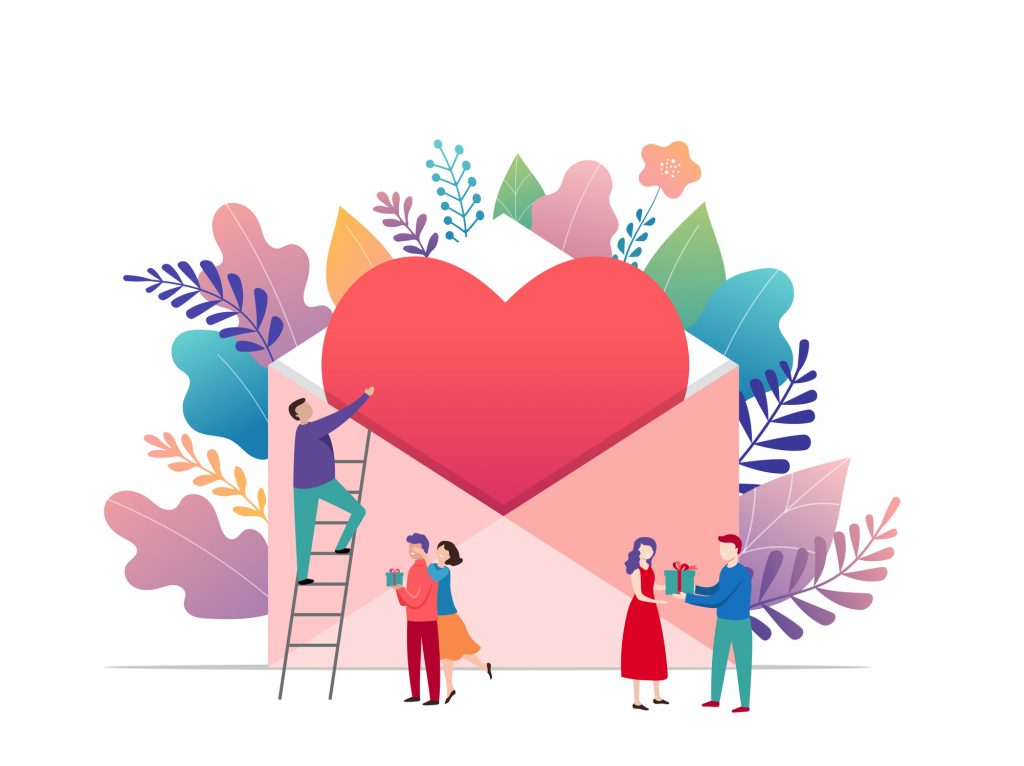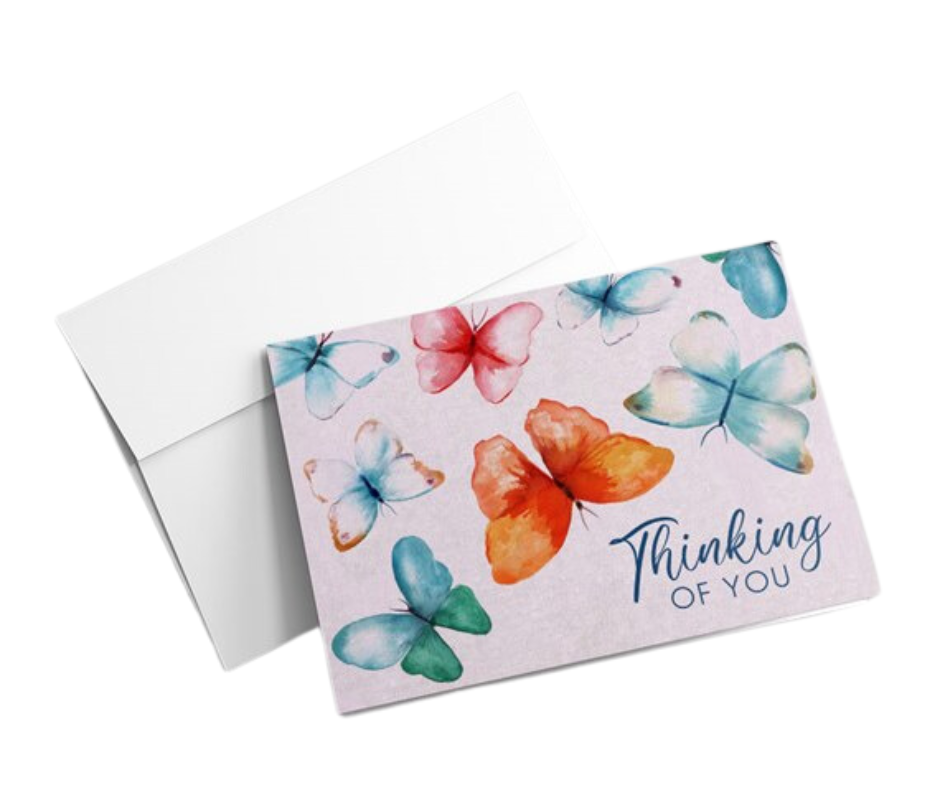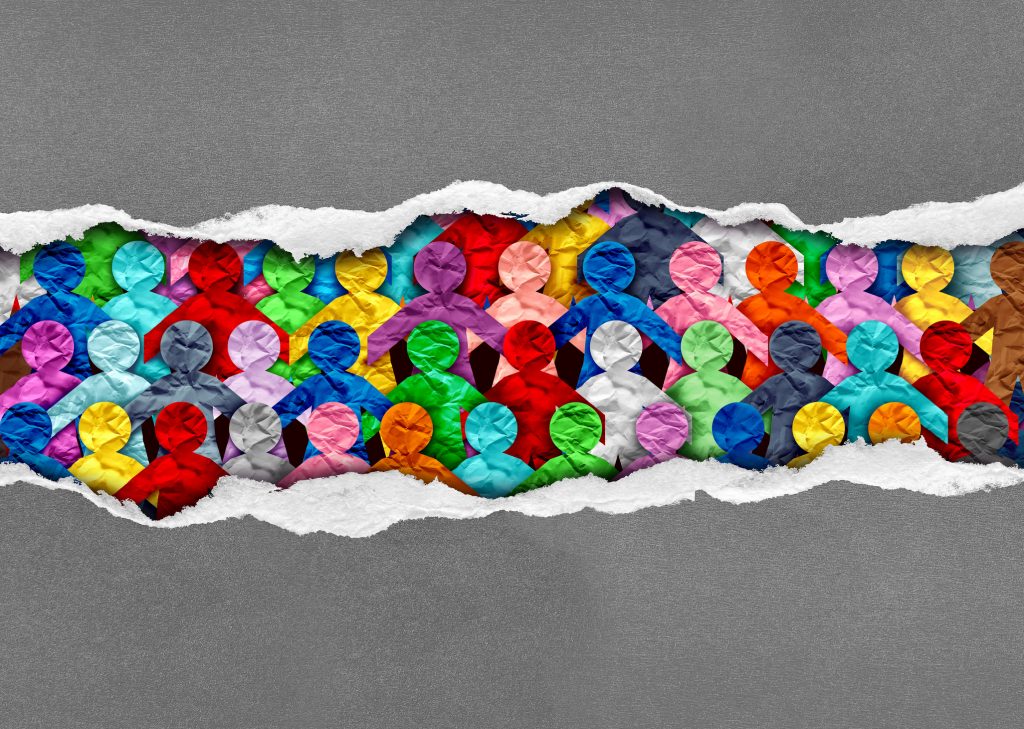Digital communication dominates 2024! However, the humble greeting card has not lost its charm. Even today, sending and receiving greeting cards can significantly improve mental health and nurture personal and professional emotional connections.
3 Psychological Benefits of Sending Greeting Cards

The analog tradition of greeting cards thrives because they offer a therapeutic multisensory practice. This practice expands the mind and fosters more profound connections with yourself and others. Here are three positive effects that come from simply sending a card to someone.
- Expression of Emotions: Sending a greeting card allows individuals to express emotions that they might find difficult to articulate verbally. Whether love, gratitude, sympathy, or encouragement, a card provides a tangible outlet for these sentiments.
- Creativity and Mindfulness: Selecting, writing, and decorating a card engages the sender creatively. This mindfulness activity can reduce stress, promote relaxation, and enhance well-being. The focus required to craft a meaningful message or to choose a card that perfectly matches the recipient’s personality can be meditative.
- Boosting Happiness: Anticipating a positive reaction from the recipient can increase the sender’s happiness. Acts of kindness, like sending a thoughtful card, trigger the release of endorphins and oxytocin, fostering feelings of joy and connection. According to scientific research, happiness can also increase productivity by 31%.
Emotional Impact of Receiving Greeting Cards

Receiving a greeting card is equally beneficial; here are three reasons why:
- Feeling Valued and Remembered: Receiving a greeting card can make someone feel valued. Knowing that someone has taken the time and effort to send a card can be incredibly affirming, especially in times of loneliness or personal struggle. Sending greeting cards is also great in a business atmosphere, fostering relationships with customers, employees, and colleagues.
- Emotional Support: Cards can offer emotional support during difficult times. A sympathy card after a loss, a get-well card during an illness, or a motivational card during a challenging period can provide comfort.
- Connection and Belonging: Greeting cards are physical reminders of connections with others. This tangible expression of friendship or love can reinforce a sense of belonging and reduce feelings of isolation. In a world where much of our communication is ephemeral, the physical presence of a card has lasting significance.
Fostering Deeper Connections with Greeting Cards

According to an article published at UC Berkeley, “Connections can be just as important to physical and mental health as exercise and healthy eating. Research has shown that the psychological and physical health benefits of social contact are so great that they can even outweigh the harmful effects of other risk factors and boost life expectancy.” Let’s examine the impact receiving a greeting card can have on developing connections and improving mental health.
- Strengthening Relationships: Regularly sending and receiving cards can strengthen relationships personally and professionally. This consistent effort to stay in touch can deepen bonds with family, friends, acquaintances, and work associates. The personal touch of a handwritten message can convey the warmth and sincerity that digital messages often lack.
- Creating Traditions: Establishing traditions around sending cards for birthdays, holidays, and other special occasions can create lasting memories and foster a sense of continuity.
- Building Empathy: Sending cards requires considering the recipient’s feelings and experiences. This practice can enhance the sender’s empathy and understanding, fostering more meaningful and supportive relationships.
Practical Tips for Maximizing the Impact of Greeting Cards
Want to learn how to maximize your greeting cards? Brookhollow® can help. Here are four easy tips.
- Personalize Your Message: A personalized message adds a unique touch that makes the card more meaningful. Share a memory, a photo, an inside joke, or a specific compliment that reflects your relationship with the recipient.
- Be Consistent: Send cards regularly. Mark dates on your calendar or set reminders for special occasions to ensure you don’t miss an opportunity to connect.
- Choose Thoughtfully: Select cards that resonate with the recipient’s personality and interests. Whether it’s a humorous card for a friend who loves to laugh, a serene card for the nature-lover in your life, a professional card with a client discount, or a religious card for someone who appreciates scripture, the effort shows you care.
- Involve Others: Instill good values and encourage family members, friends, and coworkers to participate in the card-sending tradition.
Consider sending a greeting card, whether it’s a birthday, a holiday, or just a random Tuesday. The positive impact on both the sender and the recipient can be more profound than it seems, enriching lives through a simple gesture of kindness, connection, and communication.
Looking for custom greeting cards to celebrate all the important people in your life? Check out Brookhollow.com.
Tags: Greeting Cards, Mental Health
